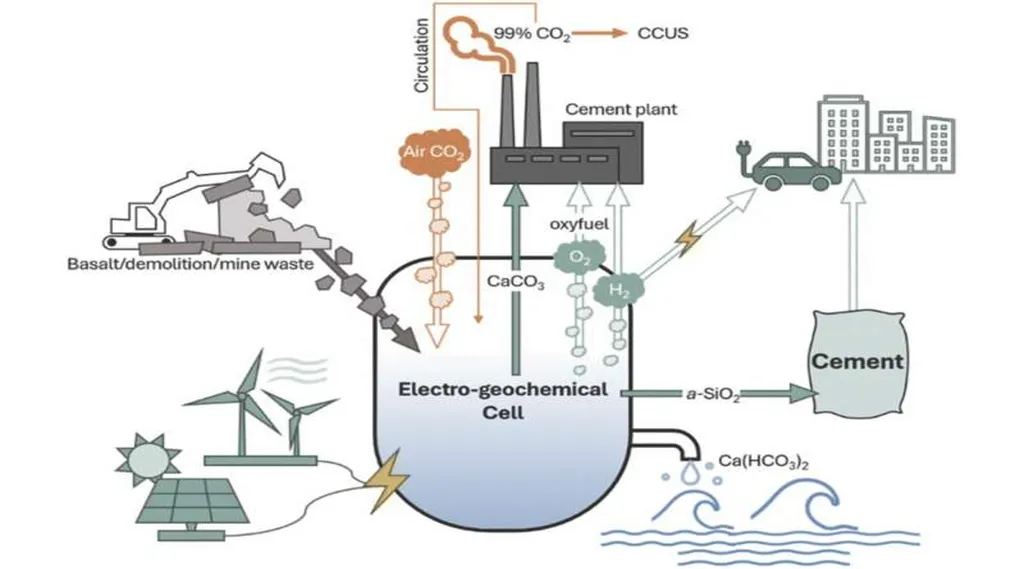In the quest for sustainable construction materials, a team of researchers from the Faculty of Mechanical Engineering at the University of Belgrade has made a significant breakthrough. Led by Pavlović Marko, the team has developed thermal insulation cement-based mortars using recycled aggregate, aligning with the principles of net-zero construction. This innovation could revolutionize the energy sector by reducing manufacturing costs, energy consumption, and greenhouse gas emissions.
The study, published in the journal ‘Science of Sintering’ (translated from Serbian as ‘Science of Firing’), focuses on the performance of thermo-insulation rendering mortars with varying ratios of powdered cordierite and talc. Cordierite, a mineral typically used in high-temperature applications, was sourced from recycled kilnware, demonstrating the potential for circular economy practices in construction.
The researchers employed differential thermal analysis to examine thermally induced reactions within the mortars. This technique helped them understand how the recycled materials behaved under heat, a crucial factor for thermal insulation applications. “We found that cordierite and talc filler in amounts up to 20% enhance microstructural packing and mechanical strengths,” Marko explained. “This improvement is due to better cementation, which contributes to cavitation erosion resistance.”
Cavitation testing, which involves subjecting the mortars to intense pressure changes to simulate real-world wear and tear, revealed that higher amounts of talc led to structural degradation and mass loss. This insight is vital for optimizing the mortar mix and ensuring long-term durability.
The team also used a scanning electron microscope to study the morphologies of the mortar tablets after cavitation testing. This microscopic analysis provided a detailed look at how the mortars held up under stress, offering valuable data for future material design.
The implications of this research are far-reaching. By reusing waste materials like recycled cordierite, the construction industry can significantly reduce its environmental footprint. This aligns with several Sustainable Development Goals, including responsible consumption and production, and climate action.
For the energy sector, these innovative mortars could lead to more efficient building insulation, reducing the need for heating and cooling. This, in turn, could lower energy consumption and associated carbon emissions, contributing to the global push for net-zero buildings.
As the construction industry continues to seek sustainable solutions, this research from the University of Belgrade offers a promising path forward. By leveraging recycled materials and advanced testing techniques, the team has demonstrated that it is possible to create high-performance, eco-friendly construction materials. The future of construction may well be built on the principles of circular economy and net-zero design, and this study is a significant step in that direction.

